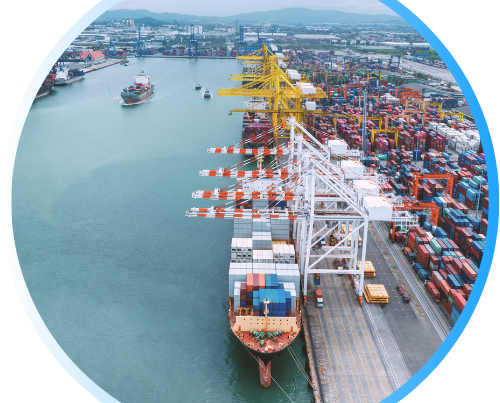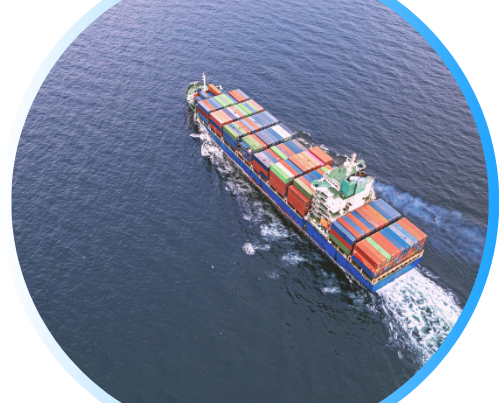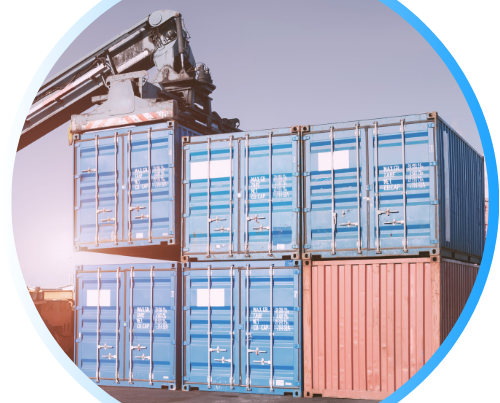Moderate Increase in Global Bunker Prices Anticipated Next Week
Global bunker prices are expected to continue their steady rise due to supply disruptions and increased demand. Factors contributing to this trend include maintenance and outages in Norway, potential reductions in Russian pipeline supply, and the impact of slower-than-normal inventory accumulation in Europe. Additionally, the price of LNG as bunker fuel has seen a notable decrease, further influencing market dynamics. These issues have led to sustained price increases across various fuel indices.


Red Sea Conflict Extends Container Transit Times
The ongoing conflict in the Red Sea has disrupted shipping routes, leading to significant delays in container transit times. Ships are rerouting around Africa or via the Panama Canal, extending transit times by 10-14 days for routes from China and Southeast Asia to Europe and the US East Coast. The Suez Canal has seen an 80% drop in traffic, and the new transit times are expected to persist, affecting shipping schedules and increasing overall shipping times by nearly two weeks.
Singapore Port Congestion Worsens Amid Red Sea Crisis
Singapore’s port congestion is worsening due to the ongoing conflict in the Red Sea, forcing ships to reroute and causing a backlog at one of the world’s busiest ports. The congestion is pushing freight rates higher and affecting supply chains, with cargo trapped in ports longer. Nearby ports like Port Klang and Tanjung Pelepas are not viable substitutes due to connectivity issues. The peak shipping season has started earlier this year, and freight rates are expected to ease by September as schedules adjust.


Capacity Crunch Halts India-Europe and US Bookings
Carriers are halting bookings from India to Europe and the US due to a capacity crunch. The space availability for shipments has drastically decreased, leading to a “sold-out” situation for July. The disruptions in the Red Sea and congestion at transshipment hubs have exacerbated the issue, with forwarders struggling to secure space on vessels. MSC will also add a $300 per TEU fee for shipments exceeding 21 metric tons from India to Mexico, Central America, and the Caribbean starting July 1.
Los Angeles Port Adopts Electric Cargo Handling Equipment
The Port of Los Angeles has deployed the first commercial battery-powered electric cargo top handler in the US, aiming to replace diesel-powered equipment. Yusen Terminals acquired five electric handlers to reduce emissions. The new equipment, powered by 650V electric batteries, can operate for two full shifts before needing a five-hour charge. The port’s initiative is part of a broader strategy to transition all cargo handling equipment to zero emissions by 2030 and all drayage trucks by 2035, pending a $412 million EPA grant.


US Imports Surge Amid Inland Transport Challenges
US importers are accelerating orders to mitigate risks from global and domestic crises. Import volumes have increased as businesses seek to ensure timely delivery of goods. However, inland transportation is lagging, creating logistical challenges. The Red Sea conflict, labor concerns, and crew shortages are contributing to the urgency. Truckload rates are firming up as demand rises, indicating tighter capacity in the trucking sector as importers move goods swiftly to avoid further disruptions.

